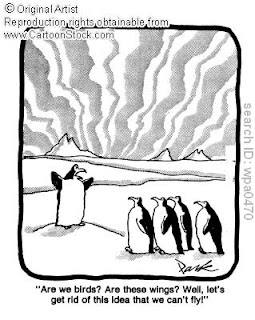Based off of the article, Peter's states
Often viewed as an early constructivist, Jean Piaget foucused his research on children's construction of knowledge through equilibration. Piaget's theory involves mediating mental processes for mental cognition. To understand these processes, it is important to understand the notion of a schema.
Equilibration: is a process by which a learner compensates for a mental dilemma and constructs new knowledge
Schema: is a cognitive framework used to store and organize information such as knowledge and experiences
Assimilation:can be seen as the way we adapt new information into existing mental structures so that our minds can seek equilibration
Accommodation: is a circumstance where no preexisting mental structures are available for assimilation and children must adapt their own mental structures to accommodate new information
Disequilibrium: is when a child's conception of a thing or event is no longer adequate and the child seeks to establish a balance through assimilation and accommodation

If a child learns what a bird is and that they fly then they are able to use their schema when they see a new bird. But when they see a penguin and are told that these birds do not fly, the child may become confused. Because this the child must adapt to be able to understand the new information, this is called accommodation. This is a similar process of changing the students misconceptions, and how the students will begin to change their thoughts to learn the correct ones, instead of what the student may just assume.
A form to check for understanding (in order for the students to be able to adapt) is for a future teacher is through assessment.
Formative Assessment: it is carried out throughout the course or project. It is used to aid learning. It can be the teacher or the learner, providing feedback on the student's work. This could also be a pre-test, something to set the stage for where the students are starting for their understanding on the topic.
Summative Assessment: it is carried out at the end of the course or project, these are usually an end test and this leads to a grade for the student. This form of assessment is evaluative.
(information from Wikipedia)
After discussing this article in class I am wanting to do more research and continue more on this post. I know that I do not need to know all the terms and all the full explanations for this information, but I do need to understand how to apply it to my classroom. I know I will continue my research on this topic, and I know that one day in the future I will be more comfortable with this topic.
No comments:
Post a Comment